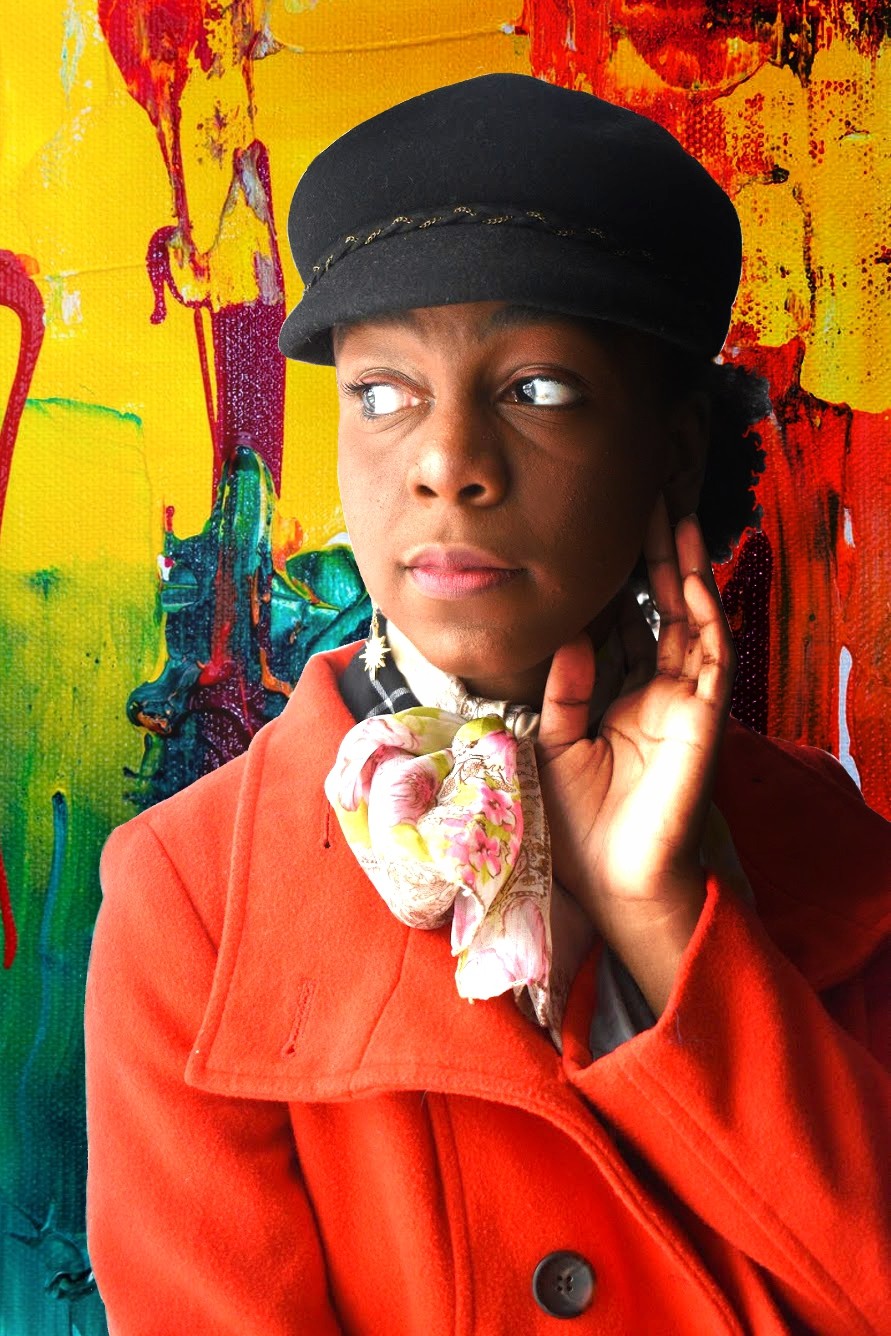We recently connected with Jayda Murray and have shared our conversation below.
Jayda, appreciate you joining us today. What did your parents do right and how has that impacted you in your life and career?
As the eldest of four kids, I’m known as “the experiment child.” As such, I was the test run for my mom starting homeschooling, for raising a daughter interested in making games, and the first for graduating college debt-free. My parents have always supported me and my siblings’ journey in the arts and technology. My mother, in particular, has a naturally creative soul and used to paint and write much more when we were younger, and musicality has kept itself strong in her bones. In rearing us, she and my father instilled a deep love of literature and the arts, embedding learning music and how to draw in our homeschool curriculum.
Despite being the experiment child, my parents provided the space for me to pursue my interests with the confidence that I’m awesome even if I don’t get public success! As such, the biggest thing I learned from them as they raised me and my siblings was to love God and walk out faith by example, not just through words but by serving others.
Since I was little, my parents raised me to be a servant leader, giving back to my community and those around me with my time, skills, and talents. Even before I learned about the video game Kingdom Hearts, I had always loved art and storytelling in all its forms, from the illustrations on novels I read to the graphic novels and movies I watched.
The narratives that can be told through all sorts of mediums have intrigued me for just as long, and it’s one of the reasons why I was drawn to video games. So many components of visual and literary storytelling are entangled with the medium of video games. You have aspects of cinematography, animation, dialog, interactivity, design, and painting, all of which I would love to explore and refine. As a sophomore, this is why I declared my major, pursuing a bachelor’s degree in design studies and minors in Japanese and arts entrepreneurship at North Carolina State University.
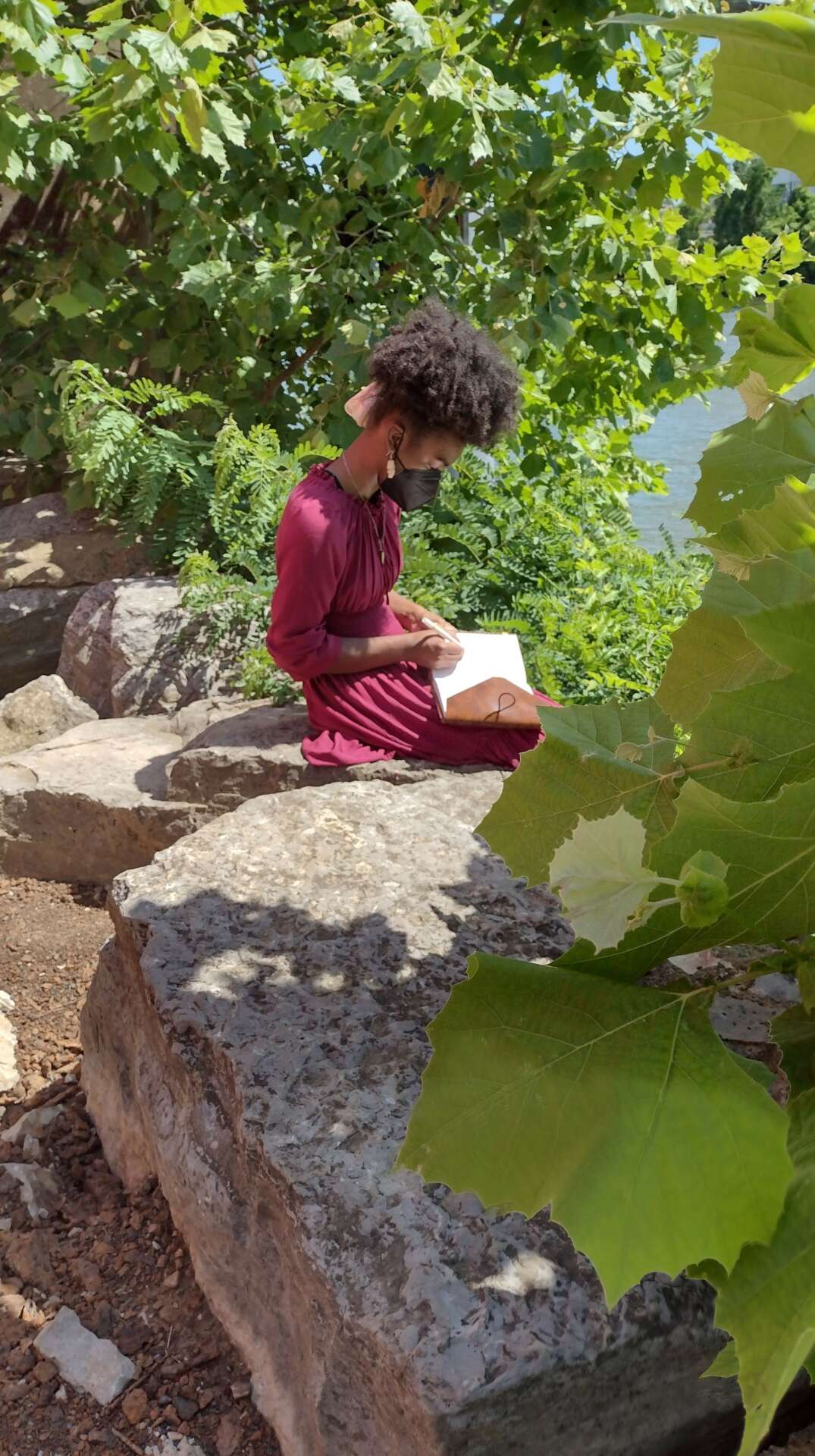
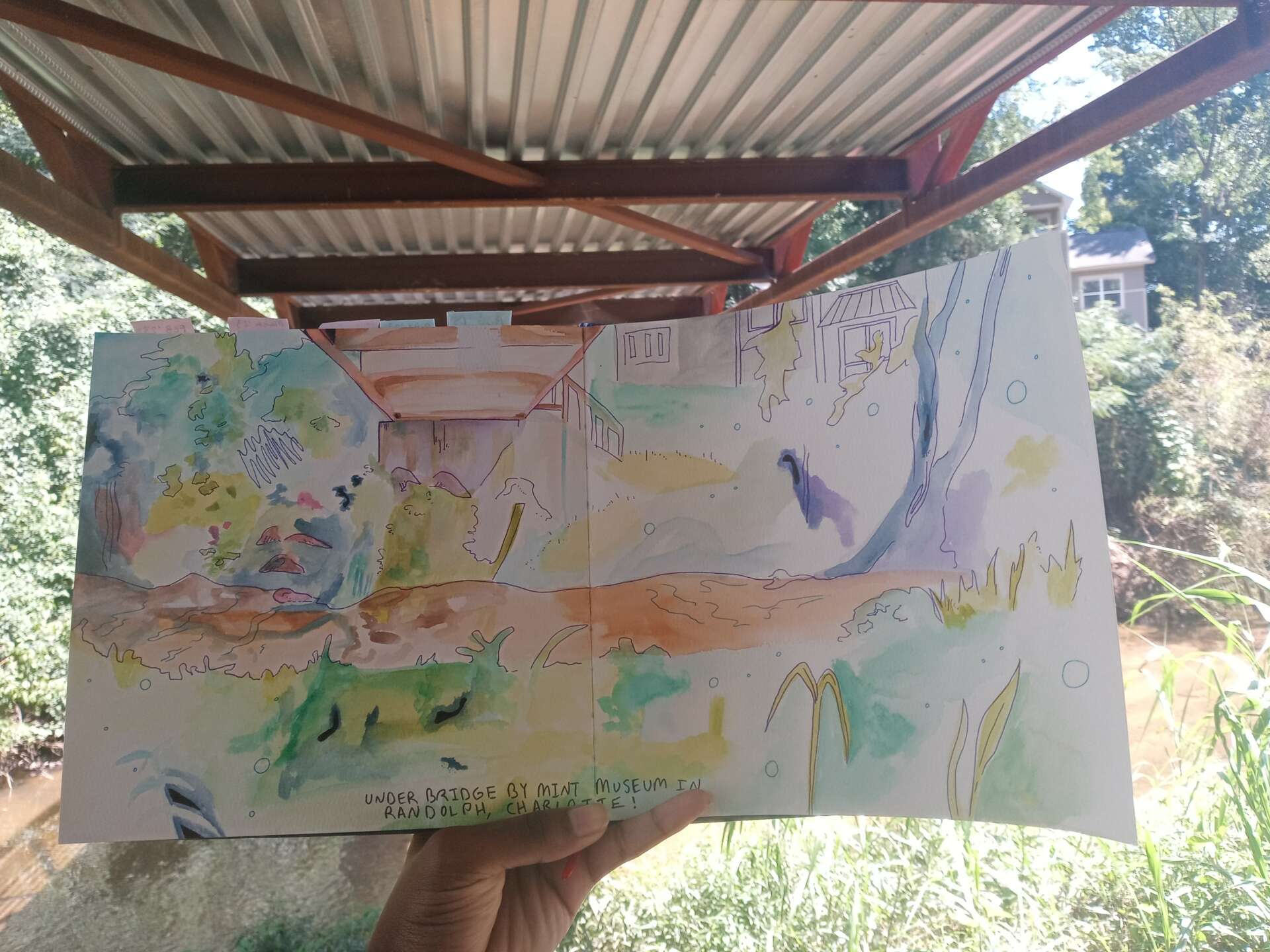
Awesome – so before we get into the rest of our questions, can you briefly introduce yourself to our readers.
“This is beautiful.” My mouth hung open as my eyes took in the animated scenes and life-like graphics, not knowing that this would become my favorite video game. Strangely enough, I wasn’t playing the game, just watching a playthrough of what people called “Kingdom Hearts: The Movie,” a collection of all the cutscenes from the original game. I hadn’t known that Kingdom Hearts was a videogame before I watched the “movie,” as the manga adaptation introduced me to the series. At age ten, this experience brought me to where I am today and shaped my desire to become a video game designer. After watching the “movie,” I wrote an entire script and walkthrough of my game. I presented the crudely drawn characters and rather plagiarized storyline to my mother and asked her to help me make my first game. After a couple of years of developing my technical and digital art skills with the hopes of designing my own game, I was invited at the age of twelve to work with Ms. Ailsa Gilliam, CEO of a nonprofit organization called SheroHub. Despite my age, Ms. Gilliam recognized my talent. She offered me the art director role to help her design a game to help women and girls develop awareness of how to avoid domestic violence. Working with SheroHub opened my eyes to the power of such an interactive form as gaming. In these virtual worlds, you can fix a mistake in ways you never can in real life. And the more real a game feels, the more affected the player is and the stronger their connection to its material. So, addressing domestic violence via a game had the power to save lives. I worked with Sherohub for almost four years, and it has been amazing to see the global impact that the game has had in countries like Haiti, France, South Africa, and more. Companies are using the game to train women in prevention, and it’s incredible to know my work empowers women worldwide. Needless to say, it’s been so amazing to see how my initial videogame “origin story” has continued to open doors of opportunity.
In addition to SheroHub, I had the excellent opportunity to work on TED-Ed and Games For Change on a TED Youth Talk about video games in 2021 called “Why We Need U.” Though the world of game development has grown exponentially in recent years, the content and creators still have room for improvement. Out of 30 national finalists, I was one of five selected by the Ted-Ed Committee to give my talk at the Games for Change 2021 Festival. In my talk, I stressed the importance of creating games that are more inclusive and reflective of their users. By sharing my experiences and insights into the gaming community and industry, my goal was to encourage listeners and all lovers of games to get involved in improving the industry. Ted Talks are such a powerful tool of global influence, and I was honored to be entrusted with the opportunity.
More recently, in fall 2023, I started building a team of people at my university to help develop a game called Shy Boy, which aims to help players learn to establish healthy emotional boundaries. This spring, we intend to lay the groundwork of the game mechanics and reach a consensus on the written and visual narrative. This summer, I plan to study abroad in Japan to foster international connections to support my goal of creating a game studio between the U.S. and Japan. In my studio, I aim to create games that address social issues meaningfully and interactively through narratives while providing space for people to have fun. As a people, we become vacant and dull without exposure to other cultures and ideas; storytelling is the best way to circumvent this trap.
I want my games’ stories to reflect what I’ll learn in my studies and experiences in my local community, creating a lasting impact and positive change. By integrating my passion and skill sets while studying at North Carolina State University, I aim to change the world through games that will tackle mental health and other social issues in a fun, immersive, and engaging way.
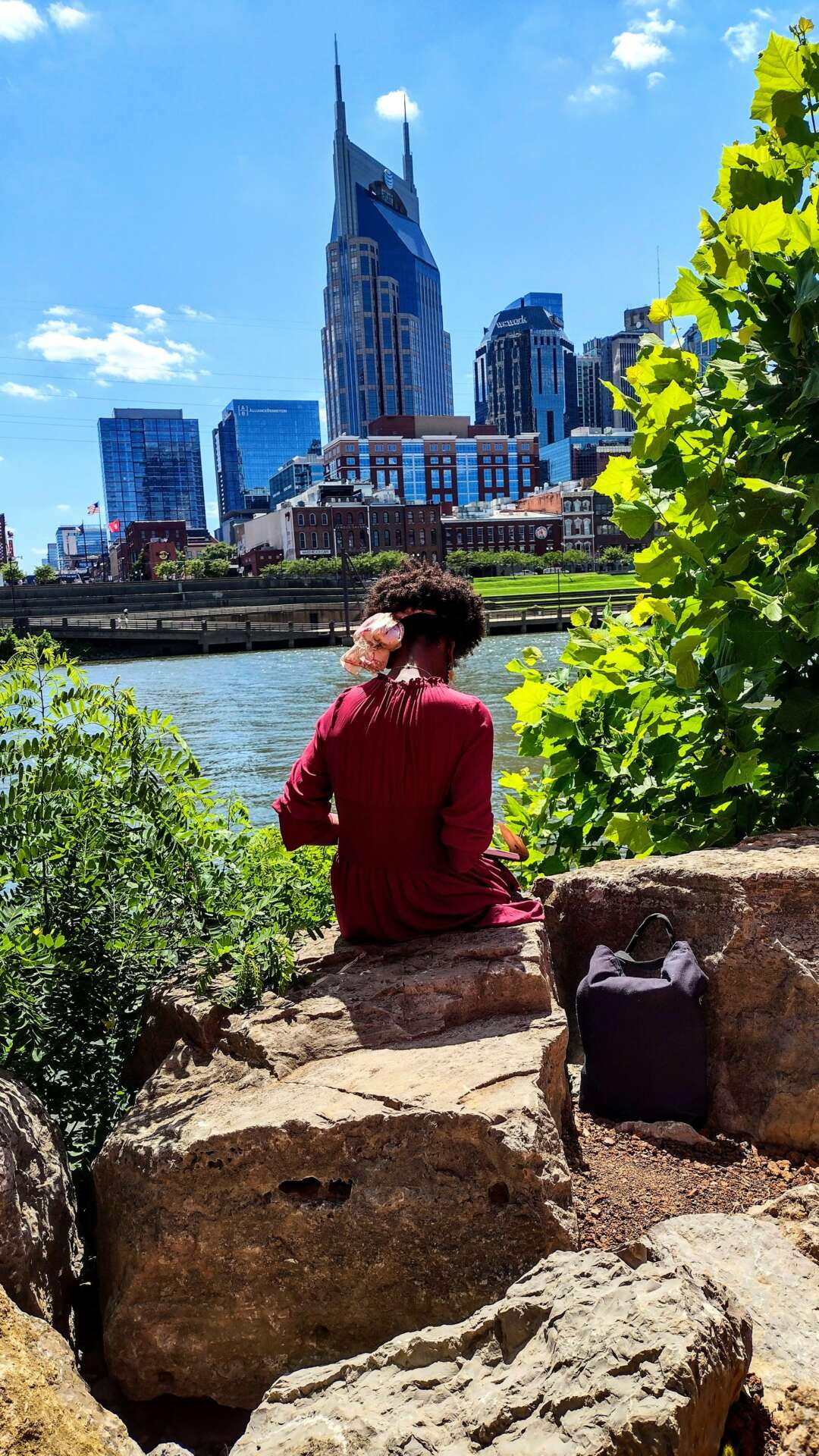

What’s a lesson you had to unlearn and what’s the backstory?
I interned at Amazon this past summer in Seattle as a Software Engineer under the Amazon Future Engineer program. During this time, I had to unlearn how I communicated my needs and negotiated expectations with those in authority. At the internship, there were moments when I felt like I was being told to do things that weren’t properly communicated to me by my technical mentor in a way that aligned with how I think and learn. Because of this, the expectations placed on me also did not align well with my creative and technical skills. As a result, I had a crucial conversation with my mentor, despite my fears of being seen as incapable, explaining how I was feeling and providing examples of how I would like to be communicated with. From then on, I could move forward with my work, knowing he understood me better and would now communicate in a way I could understand.
I told Devin Johnson Jr. (director of the Amazon Future Engineer program) about my experience, and he tasked me with laying the groundwork for a committee for the entire Amazon Future Engineer program. The AFE Self-Advocacy Committee would function as peer support, empowering interns to speak up for themselves and navigate communicating with management, their mentors, and the workplace through coaching and escalation practices.
The six-member team I built up was ready to launch the committee. However, the timing of the committee’s development didn’t work out. So, I communicated and handed off our work to The Posse Foundation, which will launch the program for the next cohort of interns this summer, 2024. Not only did I re-learn how to advocate for myself in difficult social situations, but I could apply the principles I learned and help empower others to do the same.
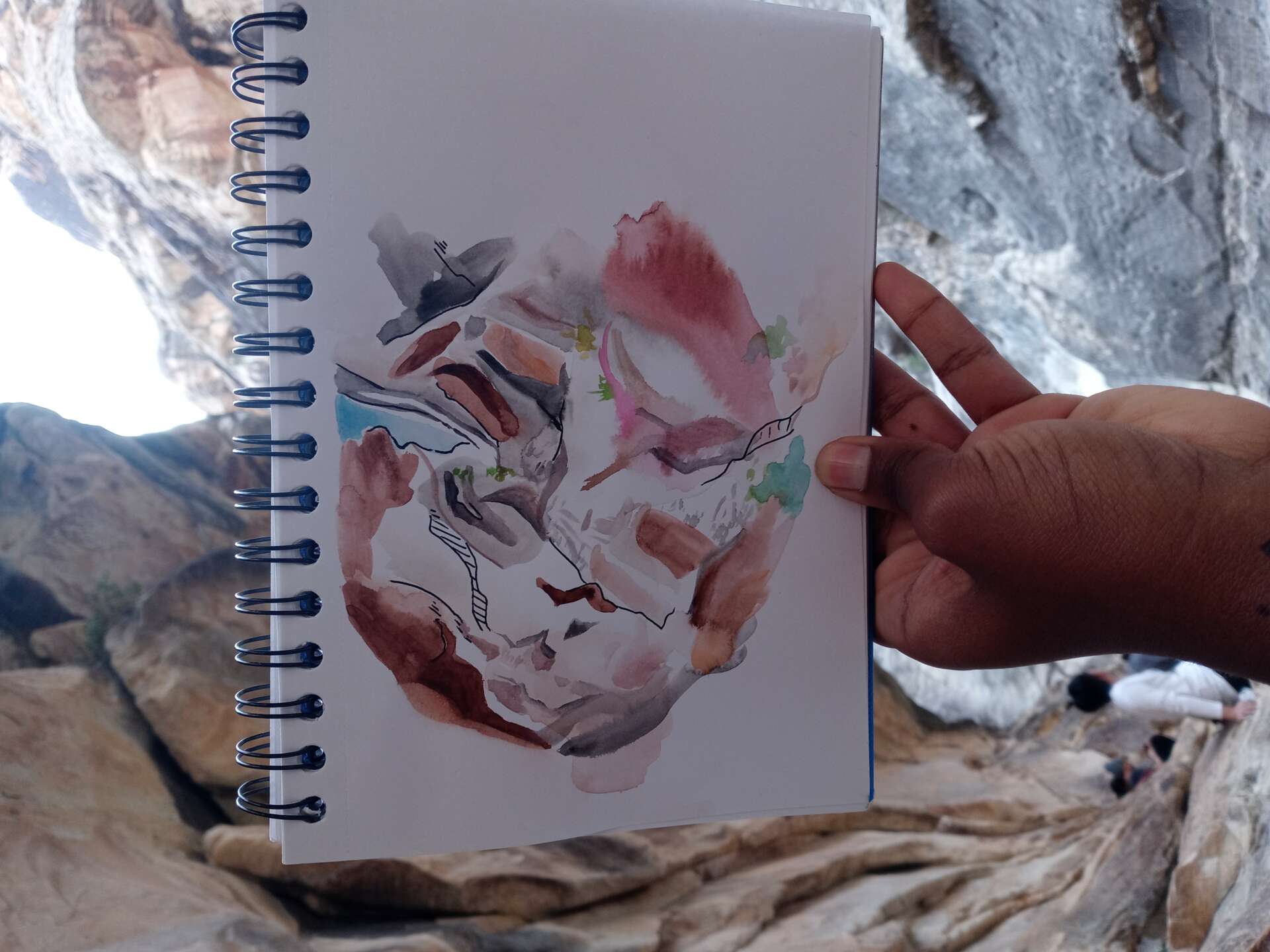
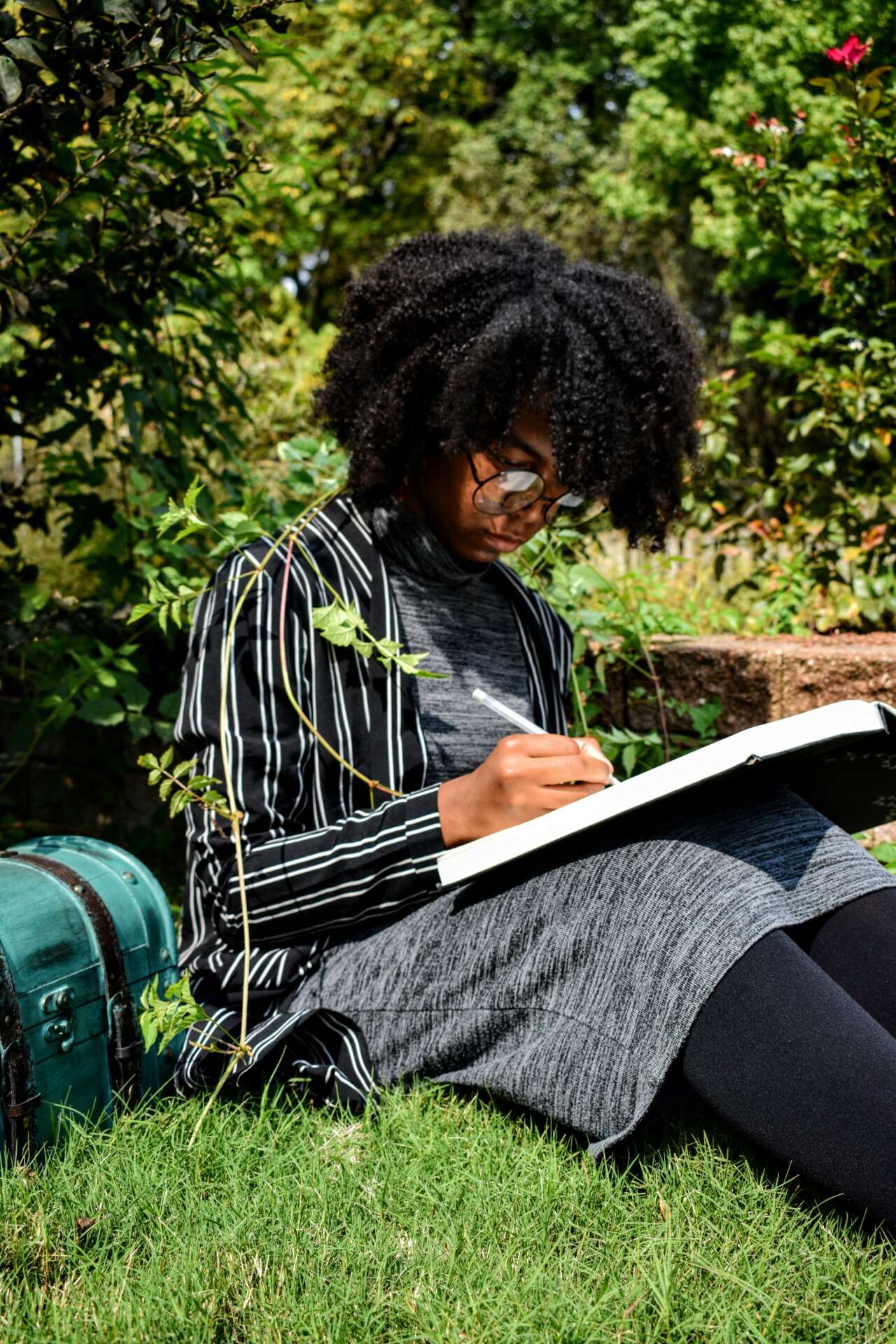
Is there a particular goal or mission driving your creative journey?
Trigger Warning: SA, Murder, Anxiety
“Someone is lying. This is too complex for all of it to be true.” I couldn’t wrap my head around what my mother said. From a young age, I had been exposed to many real-life issues in our world; however, I was shocked when I learned that my real-life experience on a social media site might have all been a lie. As a 12-year-old, I communicated online with a group of kids who lived in different states; we had become preoccupied with a girl whose life seemed to be wrecked with unthinkable problems, from sexual abuse to murder. I operated as a chat mediator between all the kids involved, and due to my inexperience, I sacrificed my emotional boundaries for the cause of helping everyone. Once my parents noticed the increase in my stress and anxiety, they stepped into the situation. My mother realized that the stories we had been told over the past eight months were probably made up. After some investigating, it became clear that “Sarah” – the alleged murdered victim – was actually alive; furthermore, we discovered that she was the main architect behind the story of her murder.
This experience had a profound impact on me. Since that reveal, I’ve had a growing desire to shed light on the mental health issues impacting youth globally. As a person who was involved in such a traumatic circle of events at such a young age, I’ve felt that it’s my ethical responsibility to educate others about mental health. When I entered high school, I dedicated twelve art pieces in my AP Drawing Portfolio to communicate this experience through paints and ink. It was a risk trying to depict the web of lies, manipulation, depression, cutting, and anxiety. In the end, it paid off in my art, becoming a conversational starter about teen suicide and other mental health issues impacting this generation. Wanting to build upon the discussion, I started designing my own video game, “Shy Boy,” to address mental health issues in a game format. Combining the power of my art and game development to make an interactive experience that can change lives.
I am responsible for expanding the reach of my goals and aspirations abroad to touch people worldwide. I’m not only passionate about mental health and domestic violence but also global warming and water and food insecurity. Things are changing rapidly, and our time on earth is not promised, so I want to take full advantage of everything the world offers. As a motivated and passionate “doer,” I aim to hold a “healthy disregard of the impossible” by challenging myself and my peers to change our world in ways best suited to our skills and experiences. By doing so, I can do work I enjoy while making a difference, whether volunteering at a food shelter or starting my game studio. Looking at life through the lens of “What can I do with what I have?” makes helping much easier and less daunting!

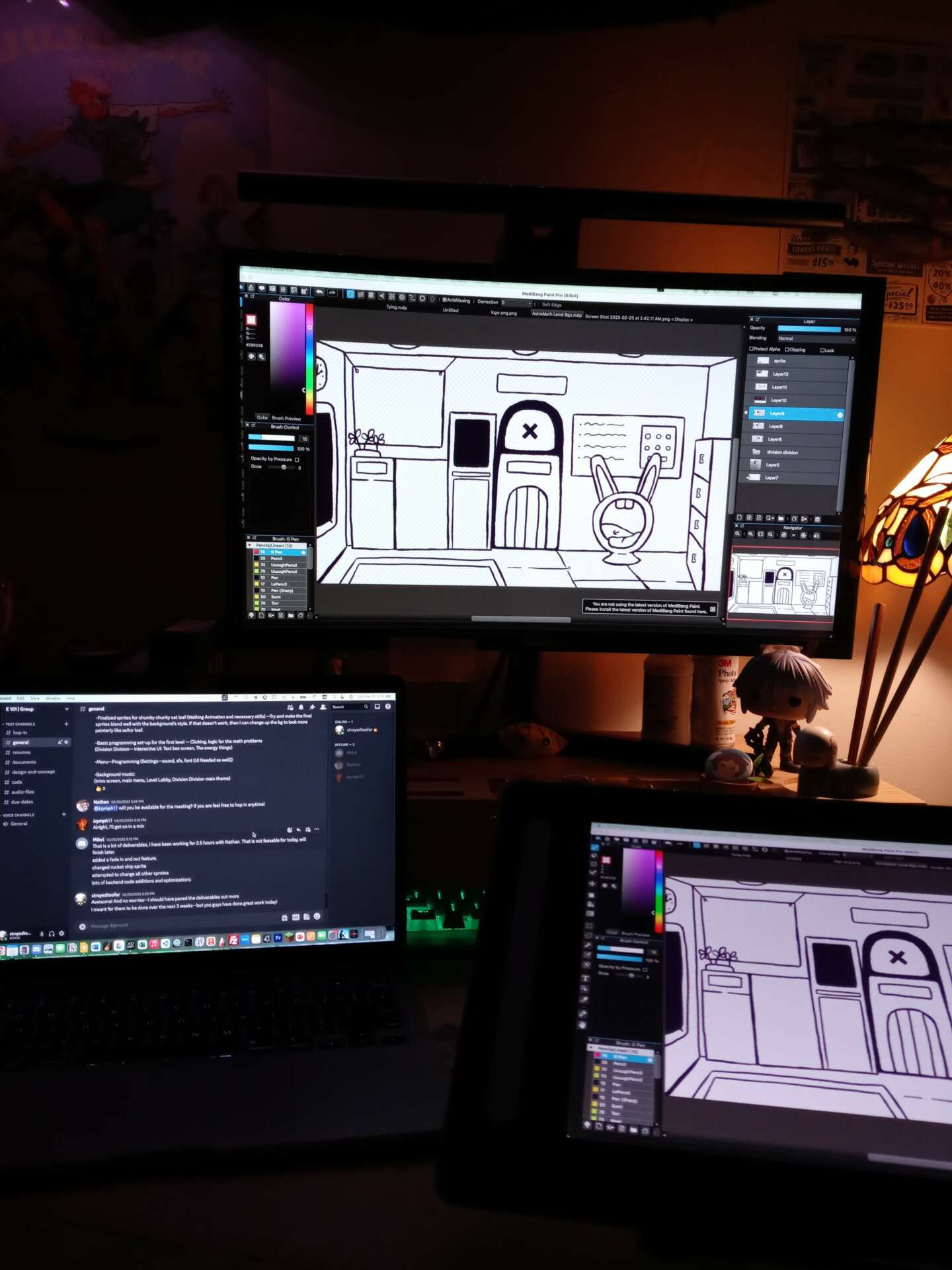
Contact Info:
- Website: https://jaydamurray.myportfolio.com/
- Instagram: https://www.instagram.com/strayedtoofar/
- Linkedin: https://www.linkedin.com/in/jaydamurray/
- Youtube: https://www.youtube.com/channel/UCgx1rkyFGJ-Q1l7SkQ0jPZg
Image Credits
Anaya Murray Ayanna Murray Jayda Murray


